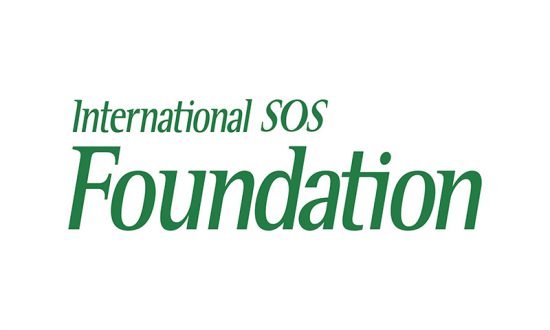By Charlotte Webster-
A groundbreaking new study commissioned by the International SOS Foundation has revealed serious mental health issues Mental Health & the Remote Rotational Worker, has brought together global findings from stakeholder interviews, a survey of remote rotational workers, and an extensive literature review.
Remote rotational workers is a method of employing people in remote areas by transporting them temporarily to the work site as opposed to relocating employees and their families permanently.
The findings of the study includes evidence of the high level of suicidal thoughts, clinical depression, impacts on physical health (such as diet) and how COVID-19 has had an impact on this workforce.
The Covid-19 environment has put increased pressure on this working format already recognised as having a high level of stress. It is also important to remember that this mental health (or ill health) can go hand in hand with physical health.
The study aims to increase awareness of the psychological implications of their remote rotational working and establish strategies to mitigate risks and increase the safety, health, security and wellbeing.
Stakeholder Interviews
. The findings highlight a high level of suicidal thoughts, clinical depression and impacts on physical health (such as diet), including:
It found that 40% of all respondents experienced suicidal thoughts on rotation some or all the time (compared to the average of 4-9% in the general population).
It also revealed that 29% of respondents met the benchmark for clinical depression whilst on-rotation.
Of those surveyed. 52% reported a decline in mood, and their mental health suffered whilst on rotation, and 62% had worse mental health than normally expected in a population.
Emotional Exhaustion
Close to 25% of respondents also said they experienced emotional exhaustion, or “burnout”, on a weekly basis.
Disappointingly, 23% reported not having any access to structured emotional support if they needed it.




